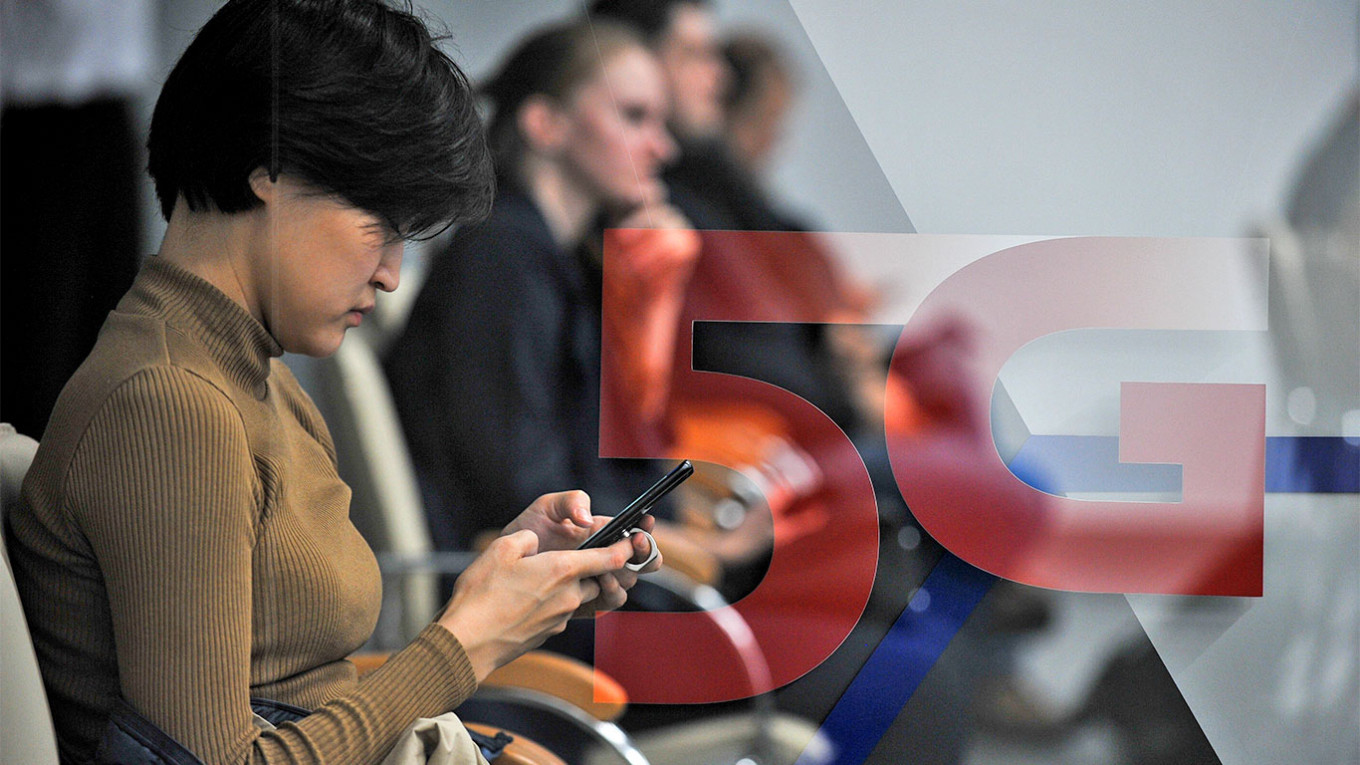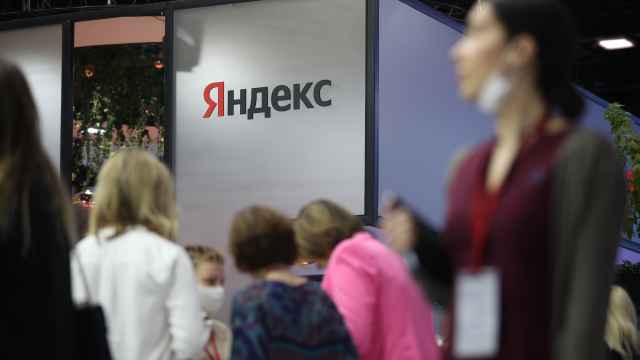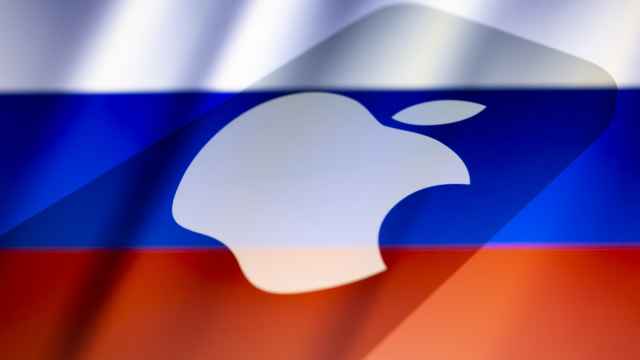Russia’s development of 5G cellular network coverage is on hold due to the exit of major global telecom providers and constraints posed by government regulations, the Business St. Petersburg news outlet reported Wednesday, citing industry experts.
Russia’s digital developments ministry earlier this month said it aims to facilitate the 5G network’s expansion in Russia, including by allocating frequencies in the 24.25-27.5 GHz range.
But the Russian military, which currently uses these frequencies, is unwilling to open them up to civilian use — meaning the ministry’s initiative will do little to improve the real prospects of introducing 5G coverage, analysts told Business St. Petersburg.
“Civilian devices cannot interfere with military ones in any way,” IT specialist Mikhail Klimaryov told Business St. Petersburg. “Moreover, this range is useless [for the military because of the lack of necessary equipment], but their radars will continue to work without problems in any case.”
The expansion of the network — which is currently available to a limited number of users in Moscow and St. Petersburg — will be further stifled by the exit of major telecom companies such as Nokia, Huawei and Ericsson from the Russian market following Russia’s invasion of Ukraine in February, experts said.
While the Digital Development, Communication and Mass Media Ministry prohibits mobile operators from using foreign-made 5G stations, potential in-country suppliers would have little economic incentive to facilitate domestic-oriented production, analyst Alexei Boyko told the outlet.
“Domestic solutions can hardly be at competitive pricing because we are talking about small-scale production,” Boyko said.
Analysts believe that, given the constraints, the Russian government will likely switch focus toward improving LTE standards to satisfy existing user demands.
A Message from The Moscow Times:
Dear readers,
We are facing unprecedented challenges. Russia's Prosecutor General's Office has designated The Moscow Times as an "undesirable" organization, criminalizing our work and putting our staff at risk of prosecution. This follows our earlier unjust labeling as a "foreign agent."
These actions are direct attempts to silence independent journalism in Russia. The authorities claim our work "discredits the decisions of the Russian leadership." We see things differently: we strive to provide accurate, unbiased reporting on Russia.
We, the journalists of The Moscow Times, refuse to be silenced. But to continue our work, we need your help.
Your support, no matter how small, makes a world of difference. If you can, please support us monthly starting from just $2. It's quick to set up, and every contribution makes a significant impact.
By supporting The Moscow Times, you're defending open, independent journalism in the face of repression. Thank you for standing with us.
Remind me later.






